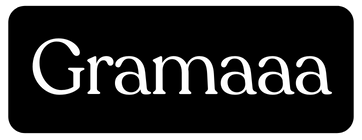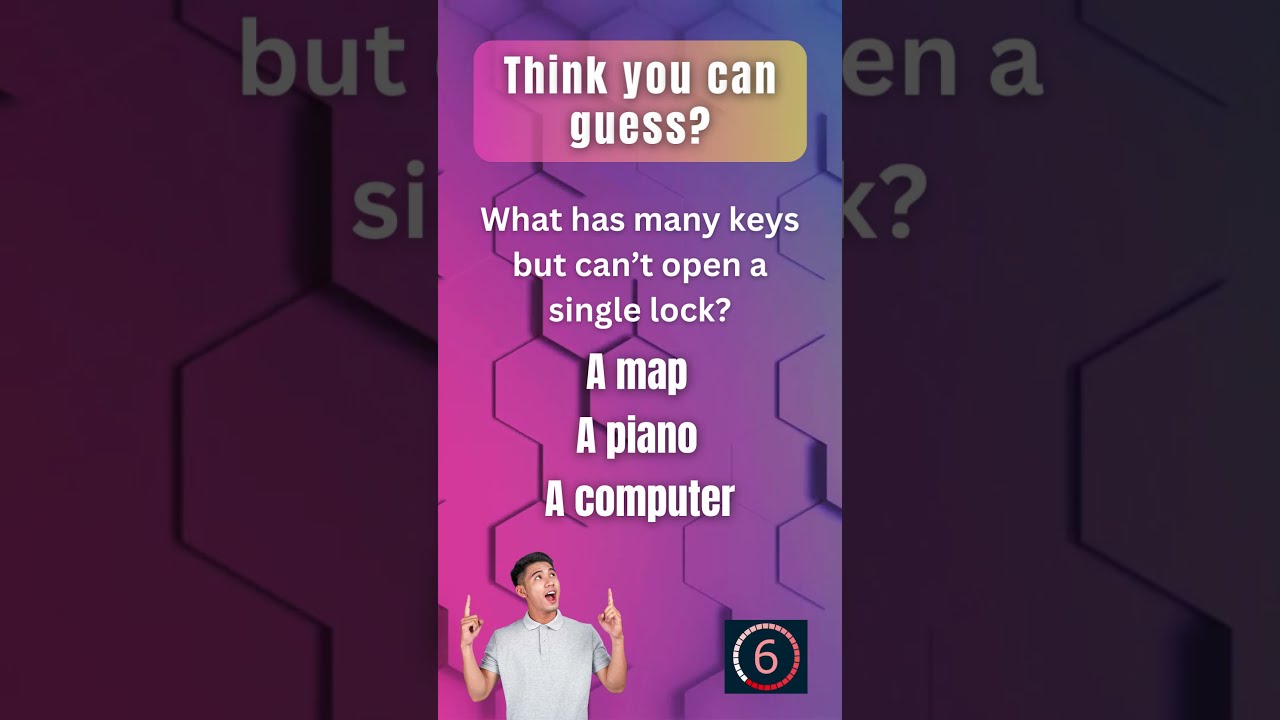Riddles have always intrigued people with their clever wordplay and hidden meanings. One classic puzzle that stumps many is, “What has many keys but can’t open a single lock?” This riddle not only challenges the mind but also brings a sense of nostalgia for simpler times when brain teasers were a common pastime.
The answer to this riddle lies in thinking outside the box and considering objects that defy conventional logic. It’s a perfect example of how language can be both playful and puzzling, making us question everyday items in new ways. Dive into the fascinating world of riddles and discover why this particular one continues to captivate minds across generations.
Exploring the Popularity of the Riddle
Riddles have fascinated people for centuries, blending wit and wisdom. The riddle “What has many keys but can’t open a single lock?” exemplifies this enduring appeal.
Origins and Historical Context
The origins of riddles trace back to ancient civilizations. Greeks, Egyptians, and Sumerians used riddles in literature and oral traditions. These puzzles served as entertainment and educational tools. The specific riddle about keys likely emerged from common objects becoming metaphors in everyday language.
Why It Captures Our Imagination
This riddle captivates due to its simplicity yet deceptive nature. People enjoy the challenge of decoding familiar terms used in unexpected ways. It encourages lateral thinking, making it both entertaining and intellectually stimulating. Additionally, such riddles often evoke a sense of nostalgia, reminding individuals of childhood games and learning experiences.
Key Interpretations of the Riddle
The riddle “What has many keys but can’t open a single lock?” invites multiple interpretations. These interpretations can be categorized into literal and figurative meanings, as well as common misconceptions.
Literal and Figurative Meanings
Literal interpretation focuses on objects with numerous keys that don’t function as traditional locks. For example, a piano has 88 keys yet cannot unlock anything. Similarly, a computer keyboard contains many keys but doesn’t open physical locks.
Figuratively, the riddle plays on the word “key.” In this context, “keys” symbolize elements or tools essential for various tasks but not for unlocking doors. For instance, musical notes are often referred to as keys in music theory. Another example is map legends where symbols are called keys.
Common Misconceptions
Common misconceptions arise from taking the riddle too literally or misunderstanding its playful nature. Some might think of keychains holding multiple house or car keys without considering their primary function—unlocking locks.
Others may misinterpret the term “key” by associating it solely with security devices rather than broader applications like musical instruments or computer peripherals. This narrow view limits understanding and appreciation of the riddle’s cleverness.
By exploring both literal and figurative meanings while addressing common misconceptions, one gains a deeper appreciation for this classic riddle’s wit and wisdom.
Educational Value of the Riddle
The “many keys but can’t open a single lock” riddle offers significant educational value. It enhances cognitive abilities and promotes creative thinking.
Problem-Solving Skills
Riddles improve problem-solving skills by challenging individuals to think critically. They encourage breaking down complex problems into manageable parts. For example, identifying that a piano has many keys but can’t open locks requires analytical thinking. This process strengthens logical reasoning and deductive skills.
Language and Lateral Thinking
Language development benefits from riddles through vocabulary expansion and comprehension improvement. Understanding the double meaning of “keys” in this context fosters lateral thinking, which involves approaching problems creatively rather than linearly. By interpreting words in multiple ways, individuals enhance their ability to think outside the box, an essential skill for innovative problem-solving.
Conclusion
Riddles like “What has many keys but can’t open a single lock?” continue to captivate minds across generations. They offer more than just amusement; they serve as valuable tools for cognitive and creative development. By exploring both literal and figurative interpretations, one gains a deeper appreciation for the cleverness embedded in these puzzles. Whether it’s a piano or a computer keyboard, the riddle challenges us to think outside conventional boundaries. Ultimately, riddles enrich our mental faculties while providing timeless entertainment that bridges cultures and eras.

